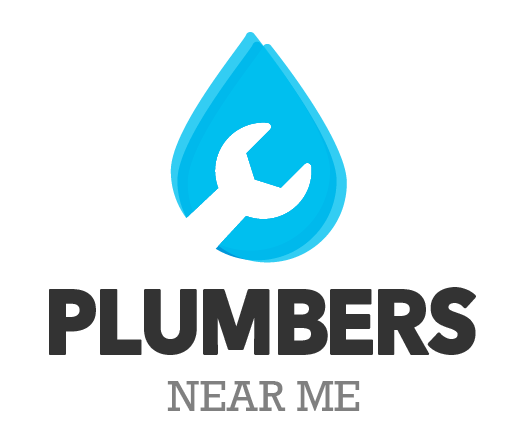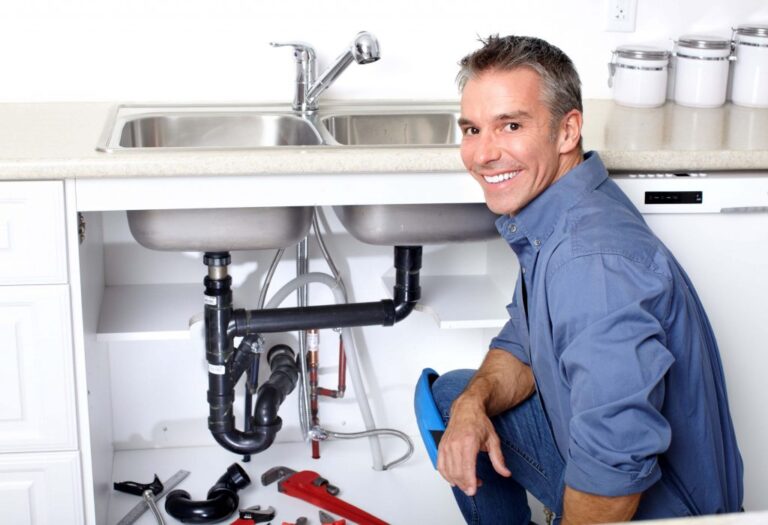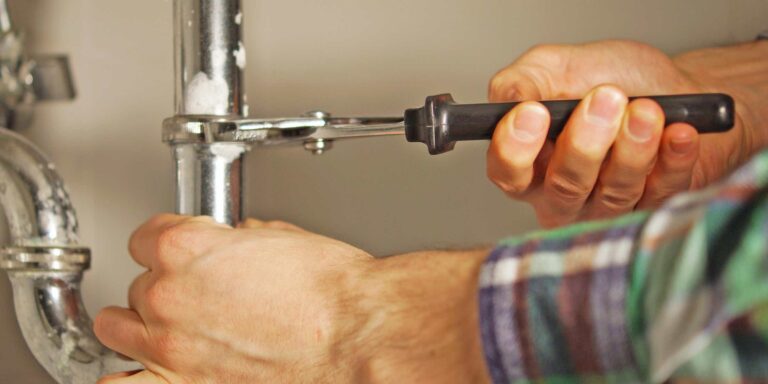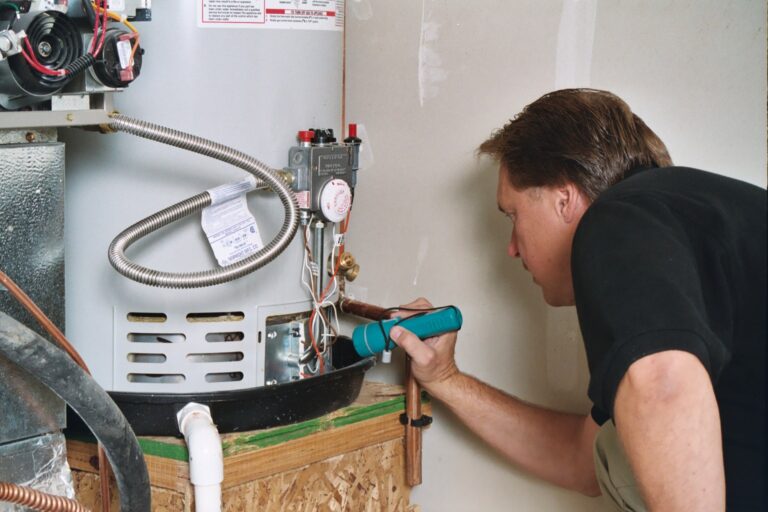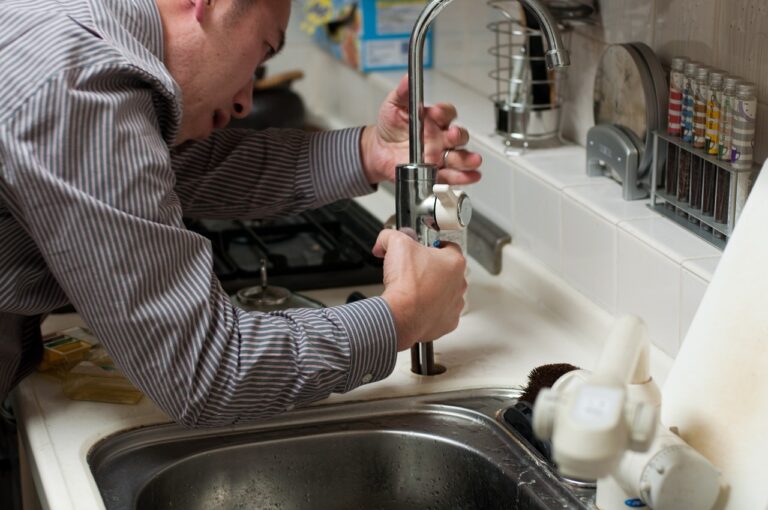Tips when building a new home plumbing
Building a new home is an exciting time, but it can also be a bit overwhelming. There are so many things to think about, including the plumbing. Here are a few tips to help you get started:
1. Decide what type of plumbing system you want. There are three main options: traditional, tankless, or a combination of the two. Each has its own set of pros and cons, so do your research to figure out what will work best for your home.
2. Hire a licensed professional. This is one area where you definitely don’t want to cut corners. A good plumbing contractor will be able to help you design and install a system that meets your needs and code requirements.
3. Get everything in writing. Before any work begins, make sure you have a detailed contract that outlines the scope of the project, the materials to be used, and the price. This will protect you if there are any problems down the road.
4. Be prepared for surprises. No matter how well you plan, there’s always a chance that something will come up that you didn’t expect. Be prepared for bumps in the road and have a contingency fund set aside in case you need it. With these tips in mind, you’ll be on your way to having the plumbing system of your dreams. Just take your time, do your research, and hire a reputable contractor, and you’ll be all set.
Hire a reputable plumbing contractor
When you have a plumbing problem, big or small, the first thing you want to do is hire a reputable plumbing contractor to come and take a look. But with so many contractors out there, how do you know which one to choose? Here are five tips to help you find the best plumbing contractor for the job:
1. Get recommendations from people you trust. If you know someone who has had a good experience with a plumbing contractor, ask for a recommendation. Chances are, they’ll be able to point you in the right direction.
2. Do your research. Once you have a few names to consider, take some time to research each contractor. Check out their website and read customer reviews. This will give you a good idea of what others think of their work.
3. Get a written estimate. When you’ve narrowed down your choices, contact each contractor and ask for a written estimate. This will give you a chance to compare prices and get a feel for how each contractor works.
4. Ask about their experience. You want to make sure you’re hiring a contractor with experience. Ask them how long they’ve been in business and how many similar projects they’ve completed.
5. Make sure they’re licensed and insured. This is one of the most important things to look for in a contractor. You want to make sure they have the proper licenses and insurance in case something goes wrong. Following these tips will help you find the best plumbing contractor for your needs.
Get multiple estimates
If you’re planning any home renovations, it’s important to get multiple estimates from different contractors before settling on a final price. Not only will this ensure that you’re getting the best possible value for your money, but it will also give you a chance to compare different contractors’ bids and see which one is the best fit for your project. When you’re getting estimates, be sure to ask each contractor for a itemized list of the materials and labor costs involved in the project. This will help you compare the bids more easily and make sure that you’re not being overcharged for any individual items. You should also make sure that you’re clear about your own expectations for the project before getting any estimates. If you have a specific vision for the finished product, be sure to communicate this to the contractors so that they can give you an accurate estimate of the costs involved. Getting multiple estimates is the best way to ensure that you’re getting the best possible value for your home renovation project. By taking the time to compare different bids and find the right contractor for the job, you can be sure that your home will look exactly the way you want it to when the project is finished.
Know your local codes and regulations
If you want to do any kind of construction, repair, or alteration work on your home, it’s important to know your local codes and regulations. These codes and regulations are put in place by your city or county government to ensure that all work is done safely and up to code. Depending on the type of work you’re doing, you may need to get a permit, which can typically be obtained from your local building department. Before starting any work, it’s also a good idea to check with your homeowners insurance company to make sure that your policy covers any damages that may occur during the course of the work. If you’re not sure where to start, your local library or hardware store should have books or pamphlets that outline the basic codes and regulations for your area. Once you know what’s required, you can be sure that your home improvement project will be done safely and up to code.
Invest in quality materials
Every now and then you will come across a situation where you will need to buy materials for a project. There are a lot of different factors that go into deciding what materials to buy. Depending on the project you are working on, some materials may be better than others. Here are a few things to keep in mind when you are decideing what materials to buy: 1. What is the purpose of the project? 2. What is the budget for the project? 3. What is the timeline for the project? 4. What are the specific requirements for the project? 5. What materials will be best for the project?
Don’t skimp on the size of pipes
If you’re planning any kind of plumbing project, don’t skimp on the size of the pipes. It may seem like a good idea to save money by using smaller pipes, but doing so can cause a number of problems. Smaller pipes can become clogged more easily, and they’re also more likely to freeze in cold weather. If you’re not sure what size pipes you need, ask a professional plumber for advice.
Plan for future needs
Making a plan for future needs is important for any individual or family. Having a plan can help to set goals and achieve them in a timely manner. It can also help to make sure that all financial needs are met, both in the short and long term. Here are a few tips to help you get started on making a plan for your future needs:
1. Determine your current financial situation. This includes taking into account your income, debts, expenses, and any assets you may have. This will give you a good starting point to see where you can make changes or adjustments in your spending.
2. Make a list of your short-term and long-term financial goals. Your short-term goals might include things like paying off debt, saving for a down payment on a house, or increasing your emergency fund. Your long-term goals could be retirement planning, saving for college, or investing.
3. Figure out how much you will need to save on a monthly or yearly basis to reach your goals. This will help you to set up a budget and make sure you are putting enough money away each month.
4. Decide on a savings method that works for you. This could be opening a separate savings account, investing in a 401k or IRA, or utilizing a 529 plan.
5. Start taking action towards your goals. Begin by setting up a budget and sticking to it. Then, start making contributions to your chosen savings method. Automating your contributions can help to make it easier.
6. Review your progress regularly. Checking in on your goals and progress will help to keep you motivated and on track. Make sure to adjust your plan as needed to account for any changes in your financial situation. Making a plan for future needs can seem daunting, but it doesn’t have to be. By taking it one step at a time, you can create a plan that works for you and helps you to reach your financial goals.
